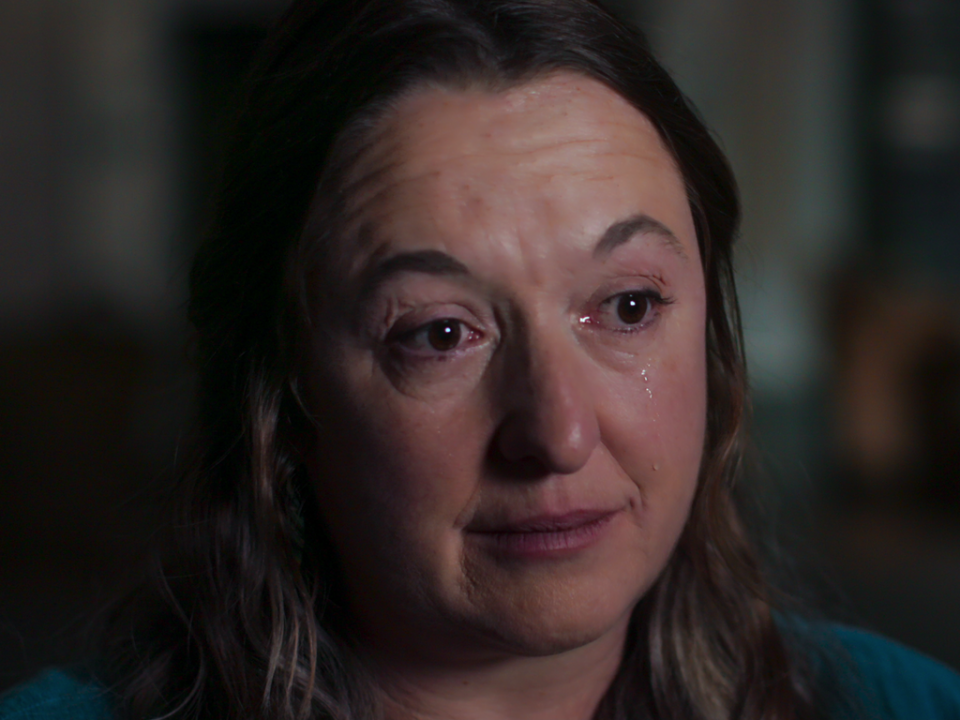The Puppet Master, Hunting the Ultimate Conman: Netflix docuseries is a deft but incomplete story of unbelievable deception
Have we reached peak true crime? It’s a question we’ve been asking for some time now – but one Netflix seems wholly unperturbed by as the streamer continues to roll out grim documentary after grim documentary. The latest in that cortège is The Puppet Master: Hunting the Ultimate Conman, a new three-part series chronicling the decades-spanning story of Britain’s most notorious finagler.
Robert Hendy-Freegard is the man in question, a former car salesman who has routinely impersonated an MI5 agent to insert himself into the lives of numerous women and one man. He sets up camp in his victims’ physical and psychological space, cuts them off from the outside world and manipulates them into handing over astonishing sums of money.
The Puppet Master begins with Sophie and Jake Clifton, whose mother they believe to be Hendy-Freegard’s latest target. They haven’t seen her in seven years. The series then pulls focus on John Atkinson, who befriended Hendy-Freegard in 1983 and is thought to be his first ever victim. Playing on IRA fears at the time, he told Atkinson he was an undercover MI5 agent. Under that guise, he instructed Atkinson and his two friends, Sarah Smith and Maria Hendy, to go on the run with him. They were all in grave danger, he told them. They had to leave urgently. No contact with friends or family. It was for their own safety – but this witness protection programme wasn’t going to be cheap. Over the next 10 years, Atkinson’s family handed over tens of thousands of pounds; Sarah paid out her entire £180,000 inheritance.
The Puppet Master shuttles between these timelines, unspooling harrowing stories in fragments that highlight patterns. The narrative slowly folds in other women who also fell for his scam. There’s Kim, Renata, Elizabeth, Leslie, Solange, and likely more not yet identified.
The series does well to take its subject as seriously as a murder docuseries might. It is unsparing in the way it depicts Hendy-Freegard’s harm. Not only is it money that his victims have lost, but the time spent ensnared in his web. For Sarah and John who lived on the road going from “safehouse” to “safehouse”, that’s 10 years spent looking over your shoulder for a killer that doesn’t exist. Imagine the psychological distress.
One goal of true crime shows is shock. Another is relatability. What makes stories like John’s and Sarah’s so troubling (and captivating) is how easily we can imagine ourselves falling prey to the same predator. But The Puppet Master mostly fails to evoke that feeling. Interviewees admit to their blindness and seemingly inexplicable actions – “He persuaded me,” says Renata, when recalling her decision to let a stranger live at her house at Hendy-Freegard’s request after he had already made off with £20,000 of her money and not contacted her for months – but there is little insight afforded into the man himself. Admittedly, there’s value in open-endedness but often it feels like an unsatisfying hole in the storytelling.

The Puppet Master is the rare Netflix show that doesn’t overstretch its subject. The documentary is a taut, sad retelling of events, made sadder by the fact that Hendy-Freegard remains a free man – despite a joint Scotland Yard-FBI effort that’s depicted in the series. And while there is some subversive thrill in the idea that Freegard may be watching this very documentary himself, it’s upended by the furious frustration at a legal system that would let him go.

